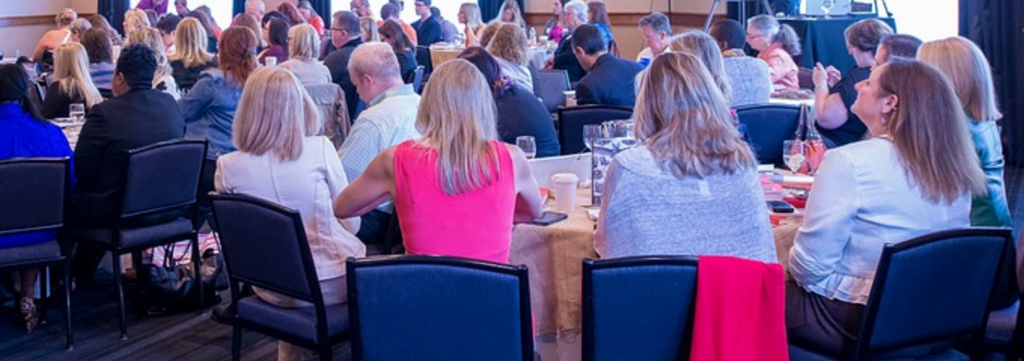It was another day of meetings — the last — of what had been three full days for an important advisory committee I was serving on. We were in the wrap up stage of the day; the time where each member of the committee was to share key closing thoughts and advice for government officials.
Luckily — or perhaps unluckily — the feedback started at the opposite side of the room. This meant that I would be close to the last to share my thoughts. I knew that I had things to share; critical feedback. Ideas and suggestions that would help the key officials who were there to listen. I believed my words could make a difference.
Yet, as I listened to those who were speaking before me — I became concerned that my feedback would not be “good enough.” Even worse, I began telling myself that there was no way I was as smart or as informed as all the others who were at the same table I was.
By the time, it was my turn to speak — the story I was telling myself — was that my expertise was non existent. And that the words I wanted to share — my words — were of little importance. Amazingly I still, somehow, managed to stumble through my thoughts and get my words out. As I did this, I was overwhelmed with fear. And, silently, I began comparing every word I spoke out loud to all the others words that had already been said. As you might imagine, nothing profound emerged from me. And my words sort of hung in the room with what seemed like an eternal silence, long after the fact. Nobody said anything. In fact, I was sure I saw a few sideways glances between folks. To say it was awful — just doesn’t begin to describe how I felt.
On that day, I left that meeting room with the story I had told myself — that I was not as smart or as informed as all the others — fully cemented in my mind. And guess what? I chose to let that story stick with me — for more than 10 years. It hung over me every time I went into meetings that were with more than a few people. It was with me when I met in team meetings with clients. And when I attended other committees I was also serving on. In time, I began avoiding such meetings — and narrowing my circle of clients — as well as friends and colleagues. I did all this — because of a story I told myself.
I carried that story — and all the subsequent thinking that came with it — until the winter of 2011. It was then; that something happened and that made me realize the story I had been telling myself was a lie. And that I — Jane Boyd — was every bit as smart and informed as the next person — and — that yes, my words and my voice mattered. In fact, they mattered a whole lot.
So — what happened? What made me realize I had been telling myself a story that was a lie?
In hindsight — it seems so simple — but here it is:
I got tired of being quiet. Of not saying what was truly in my mind. So I took a risk.
I decided to stop being quiet.
What followed, set me on a journey that led to me learning about the power of the stories we tell ourselves. And that eventually enabled me to slay a great many of the stories that had been holding me back. The more stories I eliminated and reframed — the stronger my voice and my words became. Not only in person, but in writing too.
The truest stories are the ones that don’t hold you back or keep you quiet. They are the ones that not only empower you — but — reinforce all the good things about the very person you are.
Be brave,
Jane
Put Your Mind to It
Think of a moment when you began telling yourself a particular story.
- What is the story?
- Is it beneficial to you?
- Is it really your true story?
Life affords us the opportunity to keep, reframe or throw away every story we tell ourselves. What do you want to do with this particular story?
More from Successful-Blog. . .
about Stories & Taking Risk
You’re not “just” anything. Dare to dream.
- by Rosemary O’Neill, Co-Founder/President of Social Strata, Managing Editor of Successful-Blog and GeniusShared community member.
Jane Boyd is a Partner in GeniusShared. She is also the CEO of 45 Conversations Media & Education Ltd, a Canadian education and training company based just outside of Vancouver Canada. She works with educators, business, community and government in the areas of early learning, work-life, community development and employee engagement.

